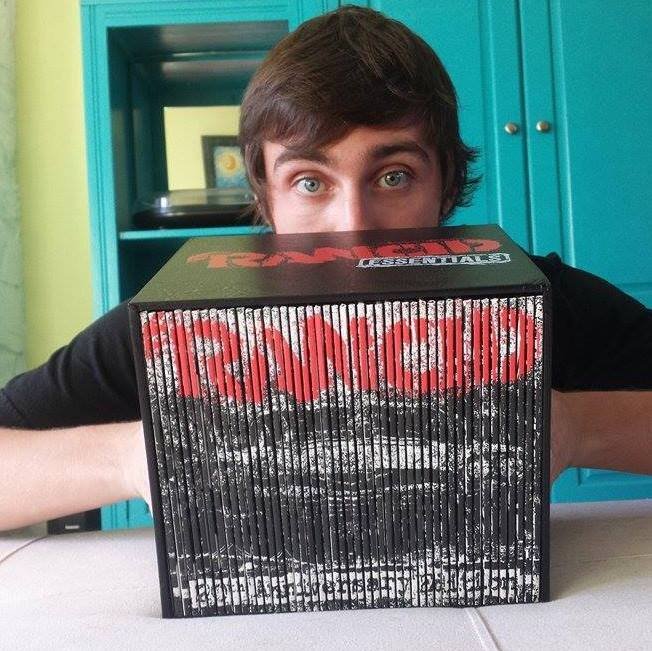By the Barricade Founder Eric Walden on the State of the Music Industry
By The Barricade founder Eric Walden has been at the epicentre of the local California music scene for years, supporting emerging artists from the rock, metal, punk, and indie genres reach audiences across the globe. Walden also founded Awfully Good Records and AGR Publicity, giving him a wide breadth of knowledge within the music industry that he now funnels into the e-learning content available on By The Barricade. We were able to chat with Walden about his various business ventures, his passion for the local music scene, and much more. After reading the interview below, we encourage you to check out the resources available on By The Barricade!
Being involved in several business ventures, it may help our readers if you gave a quick timeline of your career in the music industry.
Sure, I started a music blog called By The Barricade in 2014 that highlighted up-and-coming bands. A few years later I launched Awfully Good Records to fund those same musicians. We released a handful of albums but Spotify took over the music industry so I went back to the drawing board.
Music publicity was the next step but covid shuttered that endeavor pretty fast. With tours on hold the team and I started writing articles about music education like why concerts are so long and why bands use rugs on stage. The site has grown really fast since than so it’s become my primary focus again.
With being foundational to the creation of both By The Barricade and Awfully Good Records, how do you divide your time effectively?
Luckily, I’ve built a team that now manage most of the day-to-day tasks. In the corporate world my focus has been project management and automation. Both of those skills have really helped music projects stay on track.
Between AGR, AGR Publicity, and By The Barricade, it looks like you’ve established a full-service artist management machine. Was that the mindset going into these projects, or did it just “happen”?
Every band needs a different level of service. Some want funding, a full release campaign, or a one-off service like digital publicity. I want artists to retain creative control and only get involved at the level they feel comfortable with.
We built a few different entry points for artists to pick and choose which services they want help with and things just kind of ended up in one big pile. If I could do it all over, I’d pick a broader brand name to help artists not get confused when we start replying to emails with a different domain name all of a sudden.
Looks like these various projects are heavily involved in the California music scene, is that an important aspect of your business strategy?
Growing up near so many concert venues in Southern California really helped me see and connect with a ton of bands but our goal was to be global. I wanted to create an opportunity for bands to keep their job while on tour. Burning vacation days and risking not having a job when tours ended seemed like a huge hurdle for artists so we made remote work a core part of our business model. Our team is global which seemed a bit ahead of the times but post-covid remote work has really become the norm for everyone.
Where do you see these projects in the next 5-10 years (AGR, AGR Publicity, By The Barricade); do you have any other projects in the works?
I want to create the go-to resource for aspiring musicians. Switching the team’s focus to music education means we’ll be launching projects like a new YouTube channel and industry networking events. The team & I just want to help as many people as possible so we'll just pivot to whatever medium accomplishes that goal at the time. Today it’s TikTok, next decade it might be a platform that hasn’t even been created yet.
Is there anything else you’d like our readers to know about you or the projects you’re involved in?
The team has been growing really fast and we’re always looking for new writers. Also, keep an eye out for our upcoming YouTube channel. The team and I are really excited to start talking about music in front of a camera instead of just behind a keyboard.


